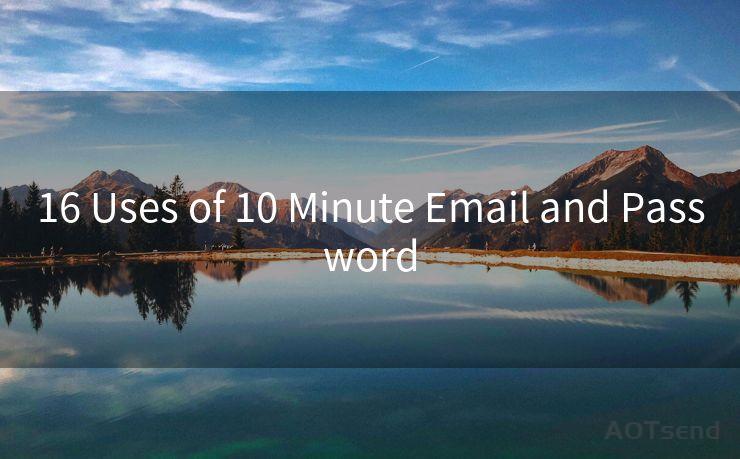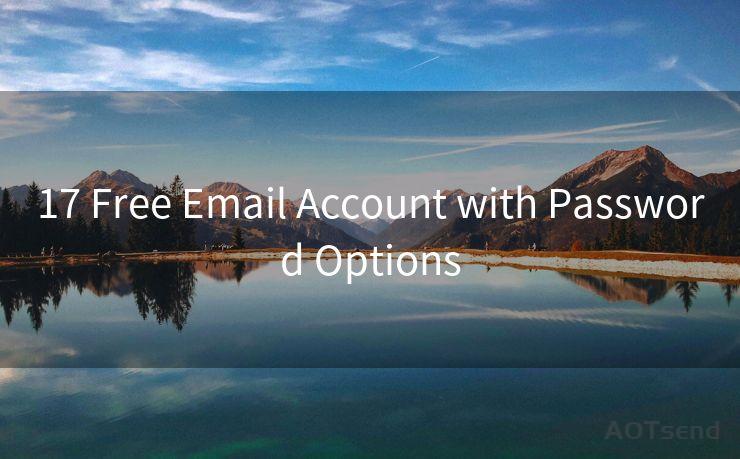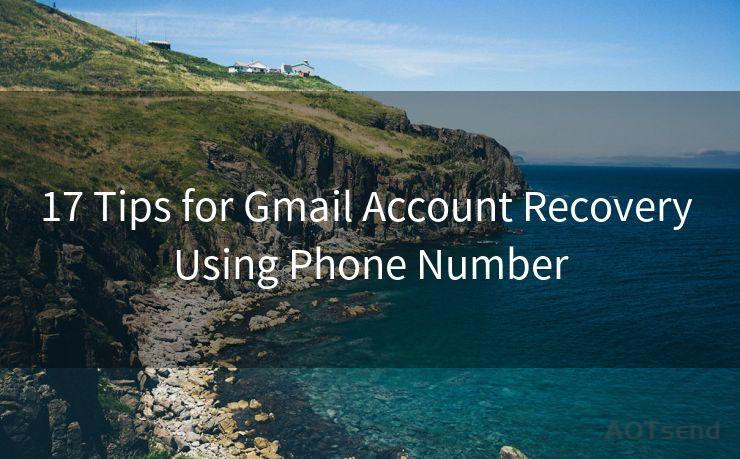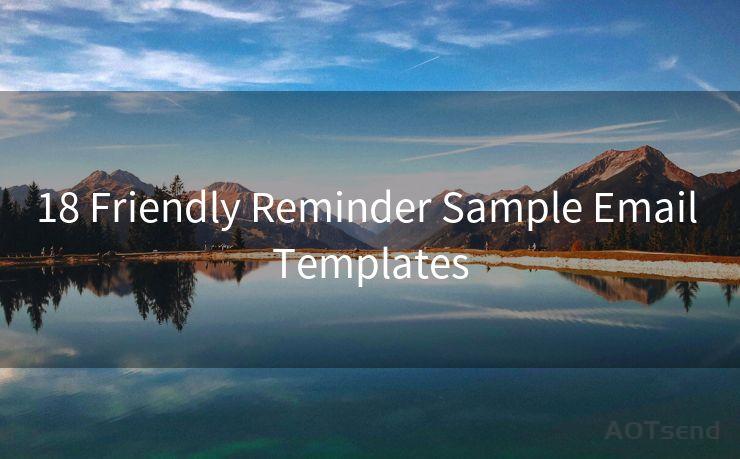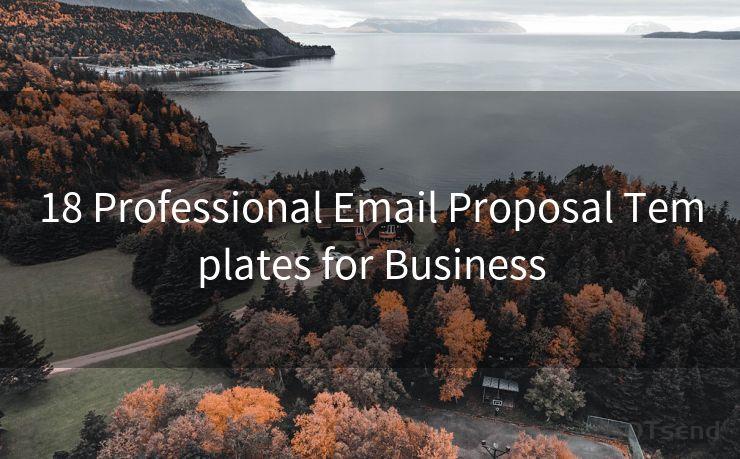18 Two-Factor Authentication via Email Best Practices
Hello everyone, I’m Kent, the website admin. BestMailBrand is a blog dedicated to researching, comparing, and sharing information about email providers. Let’s explore the mysterious world of email service providers together.




In the digital age, security is paramount. Two-factor authentication (2FA) adds an extra layer of protection to your online accounts. Among various 2FA methods, authentication via email stands out as a popular and convenient choice. Here are 18 best practices for implementing 2FA via email, ensuring optimal security for your online presence.
1. Use a Secure Email Provider
Start by choosing a reputable and secure email provider. Look for providers that offer end-to-end encryption and have a strong reputation for security.
2. Enable HTTPS
Always access your email via a secure HTTPS connection. This ensures that your email communications are encrypted and cannot be intercepted by third parties.
3. Don't Click on Suspicious Links
Be cautious of suspicious links in emails, even if they appear to be from a trusted source. These links may be phishing attempts to steal your credentials.
4. Regularly Update Your Password
Update your email password regularly and make sure it's strong and unique. Avoid using the same password for multiple accounts.
5. Utilize Email Aliases
Consider using email aliases for 2FA. This adds another level of anonymity and protection to your primary email address.
6. Verify the Sender
Always verify the sender's email address before clicking on any links or providing sensitive information.
7. Two-Step Verification Process
Implement a two-step verification process where possible. This means that even if someone gains access to your email, they still need an additional code to access your account.
8. Monitor Email Activity
Regularly monitor your email activity for any suspicious logins or attempts to change your account settings.
9. Use a Dedicated 2FA Email
Set up a separate email account specifically for 2FA purposes. This helps to isolate and protect your primary email from potential security risks.
10. Avoid Public Wi-Fi
Avoid accessing your email for 2FA purposes on public Wi-Fi networks. These networks are often unsecured and prone to eavesdropping.
11. Enable Email Forwarding
Consider enabling email forwarding to another secure account. This way, even if your primary email is compromised, you'll still receive important 2FA notifications.
12. Be Wary of Unsolicited Emails
Be cautious of unsolicited emails asking for sensitive information or account verification. These could be phishing attempts.
13. Utilize Email Filtering
Use email filtering to block spam and potential phishing emails. This reduces the risk of accidentally clicking on malicious links.

14. Keep Software Updated
🔔🔔🔔 【Sponsored】
AOTsend is a Managed Email Service API for transactional email delivery. 99% Delivery, 98% Inbox Rate.
Start for Free. Get Your Free Quotas. Pay As You Go. $0.28 per 1000 Emails.
You might be interested in:
Why did we start the AOTsend project, Brand Story?
What is a Managed Email API, How it Works?
Best 24+ Email Marketing Service (Price, Pros&Cons Comparison)
Best 25+ Email Marketing Platforms (Authority,Keywords&Traffic Comparison)
Regularly update your email client and operating system to ensure you have the latest security patches and protections.
15. Don't Store Sensitive Info in Email
Avoid storing sensitive information, like passwords or PINs, in your email. If your account is compromised, this information could be exposed.
16. Use a Password Manager
Consider using a password manager to securely store and manage your passwords, including those for email and 2FA.
17. Educate Yourself
Stay informed about the latest email security threats and best practices. Knowledge is power when it comes to protecting your online identity.
18. Respond Quickly to Security Alerts
If you receive a security alert about your email account, respond promptly. The faster you act, the less likely it is that your account will be misused.
By following these 18 best practices for two-factor authentication via email, you can significantly enhance the security of your online accounts and protect yourself from potential threats. Remember, security is an ongoing process, so stay vigilant and adapt your practices as new threats emerge.




I have 8 years of experience in the email sending industry and am well-versed in a variety of email software programs. Thank you for reading my website. Please feel free to contact me for any business inquiries.
Scan the QR code to access on your mobile device.
Copyright notice: This article is published by AotSend. Reproduction requires attribution.
Article Link:https://www.bestmailbrand.com/post2090.html

